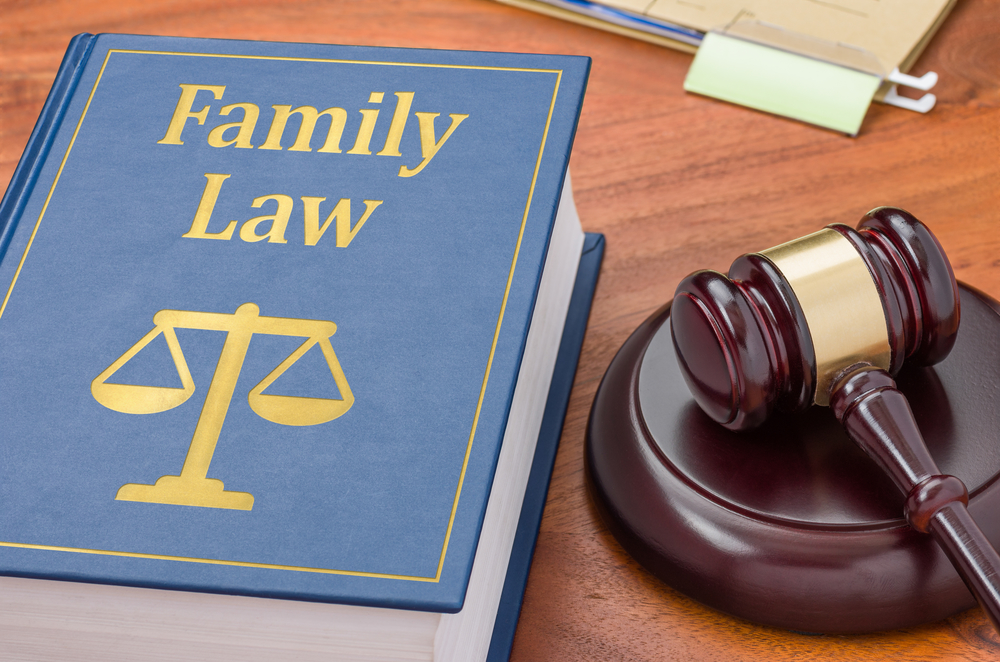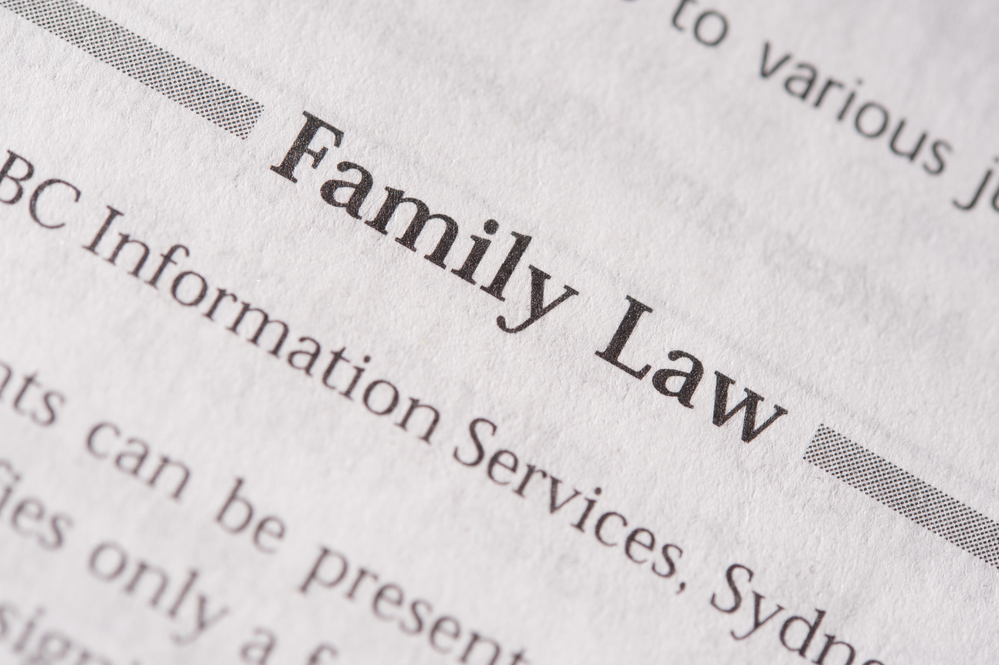Thinking about getting married, A prenuptial agreement (PNA) or premarital agreement will allow you to keep your assets separated during marriage and in the case of a divorce, you will not have to fork over half of your fortune. The contents of these types of agreements can vary widely, but they commonly include provisions for division of property and spousal support in the event of a divorce or the break-up of a marriage.
In the well-known case of Hyman versus Hyman in 1929, the House of Lords pointed that the two parties couldn’t concur to exclude the rule of the court. That means that a prenuptial settlement won’t be automatically upheld, but instead, this kind of agreement is a matter for the court to consider. Indeed, there are few exceptions, such as previously divorced parties of equal wealth who wish to protect the inheritances of their respective children. PNAs are, by their very nature, manifestly unfair and biassed in favour of the paying party. The agreement is signed at a time when the weaker party is emotionally unfit to act and does not want to jeopardise the marriage, especially if the wedding date is soon.
Should a PNA be legally binding because of social concerns, or does the fact that PNAs are not automatically binding stop people from getting married, Arguments have been made that the prenuptial agreements should form a bridge between civil and family proceedings with automatic legal recognition of the PNA.












